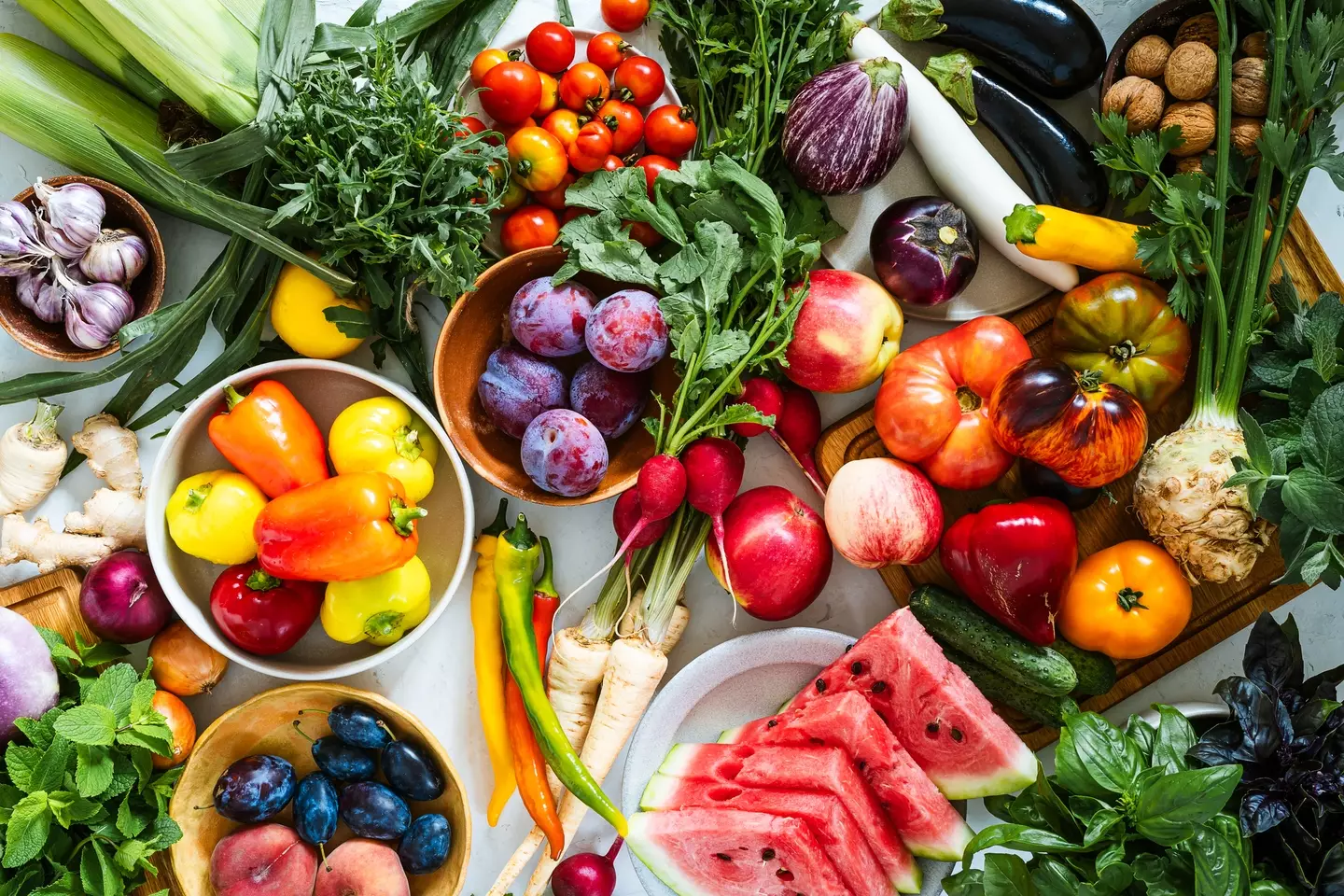
An apple a day keeps the doctor away, as the old saying goes.
Turns out, this phrase could ring more true now than when we first heard it as kindergarteners.
In our modern lives, we're seemingly more concerned than ever about our health, with weight loss jabs on the rise and extreme diets still apparently 'in'.
But what if the key to a long, healthy life was far more simple than all that?
Advert
A new study suggests that skipping certain plant-based foods could quietly raise your risk of heart disease and type 2 diabetes.
Heart disease has been the US' leading cause of death for the past 100 years, while millions of people are unaware that they are at a higher risk of a heart attack or stroke. Meanwhile, around 36 million Americans are thought to have type 2 diabetes.
The study looked at diet records from over 200,000 adults in the US, mostly women who were nurses or health professionals.

It tracked them for up to 36 years to see who developed heart disease or diabetes.
Those whose diets were higher in phytosterol - a natural substance similar to cholesterol - were at lower risk of developing heart disease and diabetes.
Phytosterol is found in many plant-based foods, including vegetables, fruits, nuts and whole grains.
Of all the participants, 20,000 went on to develop type 2 diabetes and almost 16,000 developed heart disease.
People who ate the most phytosterols - by having around four to five servings of vegetables, two to three servings of fruit, two servings of whole grains, and a small portion of nuts each day - had better outcomes than those who ate the least.
Comparing the two groups, those whose diets were richer in phytosterols were nine percent less likely to develop heart disease and eight percent less likely to develop type 2 diabetes.

Participants also had signs of better blood sugar control, less inflammation and healthier gut bacteria.
“Our findings support the dietary recommendation of adhering to healthy plant-based dietary patterns that are rich in vegetables, fruits, nuts and whole grains,” said Fenglei Wang, PhD, research associate at the Harvard T.H. Chan School of Public Health. “These findings can help people make informed dietary choices.”
The new study is among the first to show the benefits of phytosterols as part of a normal diet, as opposed to supplements.
However, it didn’t prove cause and effect - it just found strong links. More research is needed, but the results support advice doctors already give: eat more plants for better health.
The researchers presented their findings at the 'NUTRITION 2025' exhibition though noted that they 'should be considered preliminary until a peer-reviewed publication is available'.
Which foods contain phytosterols?

Many plant foods contain a 'considerable' amounts of phytosterols, according to Healthline.
These include nuts - like pistachios, almonds, cashews, peanuts and hazelnuts - as well as seeds, such as pumpkin seeds, sunflower seeds and watermelon seeds.
Fruit rich in phytosterols include pineapples, oranges, berries, bananas, apples and apricots.
While you're at it, you can add artichokes, broccoli, green beans, cabbage, asparagus, sweet potatoes, celery and cauliflower to your grocery list, too.
Legumes - like chickpeas, lentils, mung beans, adzuki beans and soybeans - and oils, including, olive oil, argan oil, sunflower oil and canola oil, all contain considerable levels of phytosterols, too.
Topics: Health, Science, Food and Drink